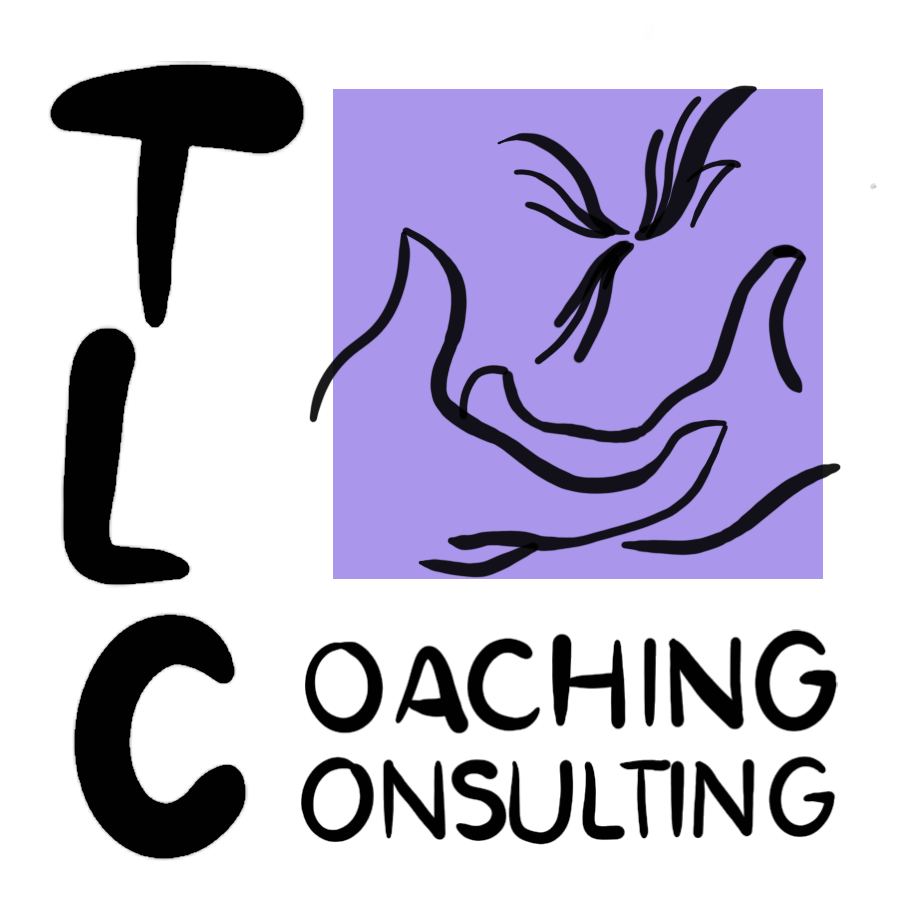The Original People
Every now + then, my eyes + heart turn to face something in the shadows needing more attention, needing to be seen + heard… needing to be grieved… needing to be healed.
Today, my eyes + heart are focused once again on our Native ancestors… to the families of those ancestors who bear the rippling pain + burden from the past that is alive in the present… to a future I can only hope will heal + revive Native languages + cultures.
Without necessarily realizing this, we who live an Anglo lifestyle are less than, because the wisdom of our Native ancestors is lost to us. With all our “riches” - without connection with our natural self, with each other, with the earth, with Source - we are poor.
In May 2019, Vermont Governor Phil Scott signed into law a bill officially recognizing the second Monday in October as Indigenous Peoples’ Day. It must have felt like a long time coming, to so many Abenaki (people of the Dawn land).
I attended this year’s celebration, on Monday, Oct. 12th, at the Retreat Farms in Brattleboro, Vermont, a walk from my home. Elnu Sôgmô (Chief) Roger Longtoe Sheehan welcomed our small, masked, socially-distanced crowd with traditional song + greetings, and invited us to learn more about the Original People + their connections to their homelands. He reminded us that the Abenaki’s have “…been here a very long time,” and that “…we’re still here, despite what you’ve been told.” We have not been told enough.
From left, Councilman Jim Taylor, Chief Roger Longtoe Sheehan and Rich Holschuh. Photo provided by Melody Walker. Reprinted here, from an article in the Brattleboro Reformer, Oct. 20, 2020
The Original People are still here, despite the ethnic cleansing they have suffered. Survivors carry in them a haunting history. This haunted history belongs to all of us. We all carry the historical + current trauma, in our cells, of horrid past deeds done to the original peoples around the world. In order to heal - their stories need to be told + we need to listen. We need to listen to the trauma. We need to listen to the language.
Kita ta Kina (listen + look).
If your listening preference is a good drama, I suggest you watch Indian Horse on Netflix. The film is an adaptation of Ojibway writer Richard Wagamese's award-winning novel of the same name. It is an account of eight-year-old Saul Indian Horse, torn from his Ojibway family + committed to one of Canada’s notorious Catholic residential/ boarding schools. The story takes place in the late 1950’s - just as I was born… not that long ago. Watching this film will be truly worth 1-hour and 40 minutes of your time. As you bear witness to their story, allow the entrance + presence of the sacred teacher Grief. Its visit will be healing.
If you prefer a straight-up documentary, I suggest you watch Unspoken: America's Native American Boarding Schools. This film documents U.S.A. attitudes + policies toward Native Americans to assimilate (considered “progressive”) and illuminates the forced removal + extermination of the Original People… from the not-so-distant past through to the present. You can find parts 1 + 2 here - courtesy of PBS Utah.
I find it interesting to consider that U.S.A. attitude regarding the Original People’s assimilation to Anglo culture + language assumed that Anglo culture existed first. It did not. The colonialists occupied inhabited land. I live on occupied land. We (non-Natives) all live on occupied land.
It feels respectful to call this land we live on what it was originally known as. Some refer to the country of the U.S.A. as Turtle Island. To others, Turtle Island designates the continent of North America. The Ojibwa and some other First Nations people refer to the world as Turtle Island. From any perspective, I live on Turtle Island. We all live on Turtle Island.
Iodali kia, nikwobi (you are here, now).
Members of the Elnu Abenaki community and the Retreat Farm joined efforts to create the Atowi Project. Atowi, a Western Abenaki word, means “together, in space and time”. Rich Holschuh, who is helping to guide the project, stated that: “through diverse programming, the Atowi Project will affirm Native relationships to the Land and its inhabitants, restoring these vital perspectives to the conversations now underway.”
The Atowi Project is centered upon Wantastegok (“at the River where something is lost”) - noted to be a convergence of spirit + worlds.
Wantastegok (aka the West River “Meadows”). Photo by Ami Ji, Oct. 2020
Members of the Abenaki community will lead programming such as: an Abenaki-lensed interpretive trail around the “Meadows”; workshops to broaden understanding + awareness; classes + presentations for traditional skills; celebrations + social gatherings; a demonstration garden in support of Indigenous food sovereignty; Abenaki language lessons; living history demonstrations; and cultural enrichment opportunities with speakers, film, + exhibits.
If you’d like to learn more, visit the Atowi Project online, now under development + being updated regularly.
Aho, to all my relations.


